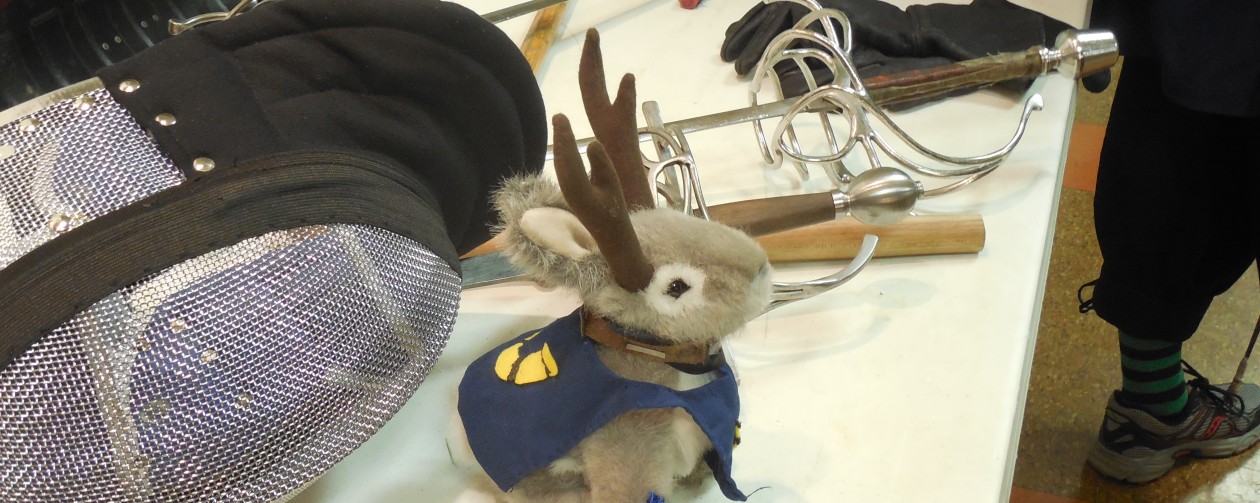I am using the daily Bible reading schedule from “The Bible.net” for my daily Bible reading.
Today, I am reading and commenting on John 4-5.
I find Jesus’ answer when the Samaritan woman asks Him whether the correct place to worship God is in Jerusalem or on Mount Gerizim interesting. First, He tells her that the Jews have a better understanding of God than the Samaritans. Here He acknowledges that the Samaritans do indeed worship the same God as the Jews (which I suspect that many Jewish teachers of the period would have denied) but tells her that they know very little about Him. Then He tells her that it no longer matters where one worships God. God is spirit, therefore He is not bound to a geographical location. Which means that we can worship God from wherever we find ourselves. Yet there are still conditions upon our worship. He says that we must worship God in spirit and in truth. John does not really tell us what that means here, but we get some idea of what he means throughout the rest of this Gospel. We must truly worship God, not the forms and rituals. One final point about this story. The rest of the Samaritans from the village came to listen to Jesus because of what the woman told them about what He had said. People today can also come to Jesus because of what we say about Him, but, like these villagers, they will not truly come to saving faith until they listen to Him with their own spirits.
When I read what Jesus said at the end of today’s passage I thought about what Jesus said in Matthew 7:7-8: “Ask and it will be given to you; seek and you will find; knock and the door will be opened to you.” The Jewish leaders here did not believe what Jesus had to say because they were not truly seeking God. They searched the Scriptures for the key to eternal life, but were looking for what they had already decided was the answer. Many people today are guilty of the same thing. Even those who have chosen to follow Jesus sometimes make this mistake. On the other hand, those who truly seek God will find Christ, even if they are searching in the scriptures of other religions. Are we seeking God’s will or are we seeking to justify doing our own will? Are we seeking the truth, or are we seeking to prove what we want to believe?







